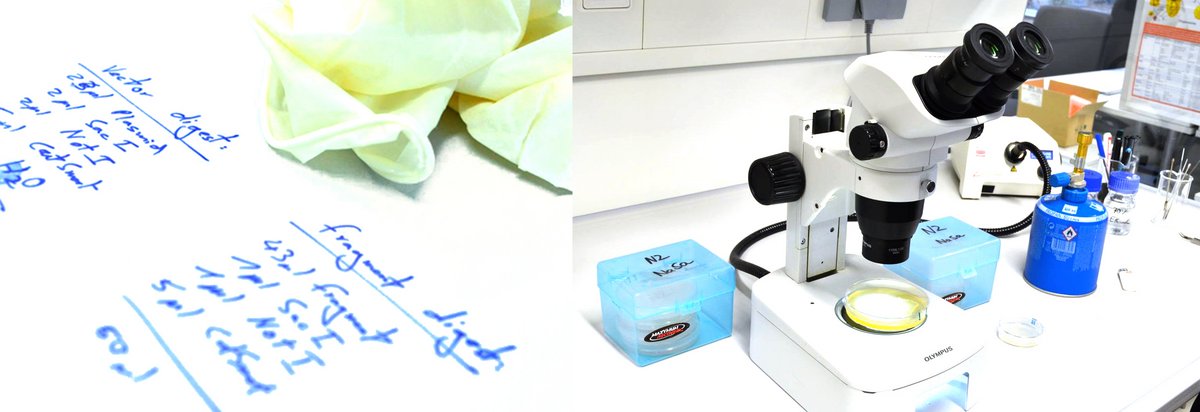
Research Overview
Proteostasis during health, aging and disease
Proteostasis describes the concept of multiple integrative pathways that control and regulate protein activities in space and time. This guarantees a functional cellular proteome over the lifetime of an organism and allows it to adapt to changing environmental conditions. Defects in proteostasis pathways can lead to premature aging and diseases like Alzheimer’s, Parkinson’s and cancer.
We are interested in understanding the basic principles of cellular proteostasis under normal, aging and disease conditions. An emphasis is placed on the analysis of central pathways including ribosome assembly, protein biogenesis and the functions and mechanisms of molecular chaperones. To this end, we use an broad methodological spectrum by combining biochemical, biophysical and genetic approaches with high resolution microscopy to explore proteostasis pathways and chaperone activities in vivo and in vitro. Our model systems range from bacteria and the yeast Saccharomyces cerevisiae to Caenorhabditis elegans.
For more research details please see specific current topics of our research
· Ribosome Assembly and Drug Screening
· Protein Biogenesis and Molecular Chaperones
